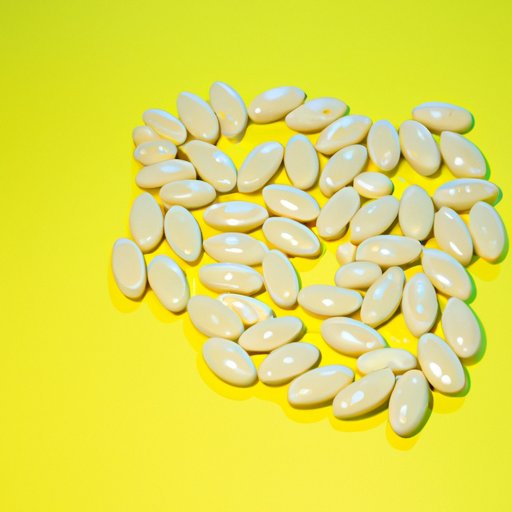
Do Breastfed Babies Need Vitamin D?
Vitamin D is essential for the proper growth and development of infants, and breastfed babies are often at a higher risk of vitamin D deficiency due to the limited amount of vitamin D in breastmilk. In this article, we will explore the importance of vitamin D for breastfed babies, the link between sunshine and vitamin D production, strategies for increasing baby’s vitamin D intake, and the science of vitamin D and breastfeeding.
The Importance of Vitamin D for Breastfed Babies: What Every Parent Needs to Know
Vitamin D is a nutrient that helps the body absorb calcium and strengthens bones. It also plays a crucial role in immune function and helps prevent illnesses such as respiratory infections. Breastfed babies often do not get enough vitamin D, which can lead to bone disorders, weakened immune systems, and other health problems.
Understanding the Link Between Sunshine and Vitamin D for Breastfed Infants
Sunlight exposure is the natural way for the body to produce vitamin D. When ultraviolet B (UVB) rays from the sun hit the skin, they trigger a process that creates vitamin D3. However, it is essential to note that too much sun exposure can lead to sunburn and increase the risk of skin cancer.
For babies, the amount of sunlight exposure necessary to produce vitamin D is minimal. Infants under six months of age should be kept out of direct sunlight and instead exposed to indirect sunlight for a few minutes a day. Babies over six months old can have more sun exposure but should still be protected from the sun with lightweight clothing, sun hats, and sunscreen. The amount of sunlight necessary to produce adequate vitamin D varies based on a baby’s age, skin color, and geographic location.
Breastfeeding and Vitamin D Deficiency: How to Keep Your Baby Healthy
Because breastmilk is typically low in vitamin D, breastfed babies are often at risk of vitamin D deficiency. The symptoms of vitamin D deficiency in babies can include delayed growth, weak bones, and increased susceptibility to infections. It is essential for parents to monitor their baby’s vitamin D levels and take action if a deficiency is suspected.
Vitamin D testing can be done by a doctor or pediatrician, and treatment may include vitamin D supplements or dietary changes. Some foods that are high in vitamin D include fatty fish, egg yolks, and fortified dairy products. However, it can be challenging to ensure that baby is getting enough vitamin D through diet alone.
Should You Supplement Your Breastfed Baby’s Diet with Vitamin D?
The question of whether to supplement a breastfed baby’s diet with vitamin D is a complex one. While some healthcare organizations recommend routine vitamin D supplements for all breastfed infants, others do not. The American Academy of Pediatrics recommends that exclusively breastfed infants receive 400 IU of vitamin D daily, beginning in the first few days of life.
Parents should have an open conversation about vitamin D supplementation with their pediatrician to make a well-informed decision. Factors such as the baby’s health status, sun exposure, and diet should all be taken into consideration when considering vitamin D supplementation.
Breaking Down the Science of Vitamin D and Breastfeeding: What the Research Says
Research studies on vitamin D and breastfed infants have shown mixed results. Some studies have suggested that vitamin D supplementation can improve bone density and immune function in breastfed babies, while others have been inconclusive. However, it is generally agreed that breastfed babies are at an increased risk of vitamin D deficiency and that monitoring vitamin D levels and taking action if a deficiency is suspected is essential for baby’s health.
Conclusion
Vitamin D is crucial for the growth and development of breastfed infants, and many breastfed babies are at risk of vitamin D deficiency. Parents can take action to prevent vitamin D deficiency by monitoring their baby’s vitamin D levels, increasing sun exposure in a safe way, and considering vitamin D supplements or dietary changes. It is essential for parents to discuss the issue of vitamin D with their pediatrician to ensure that their baby is getting the nutrients necessary for optimal health.




